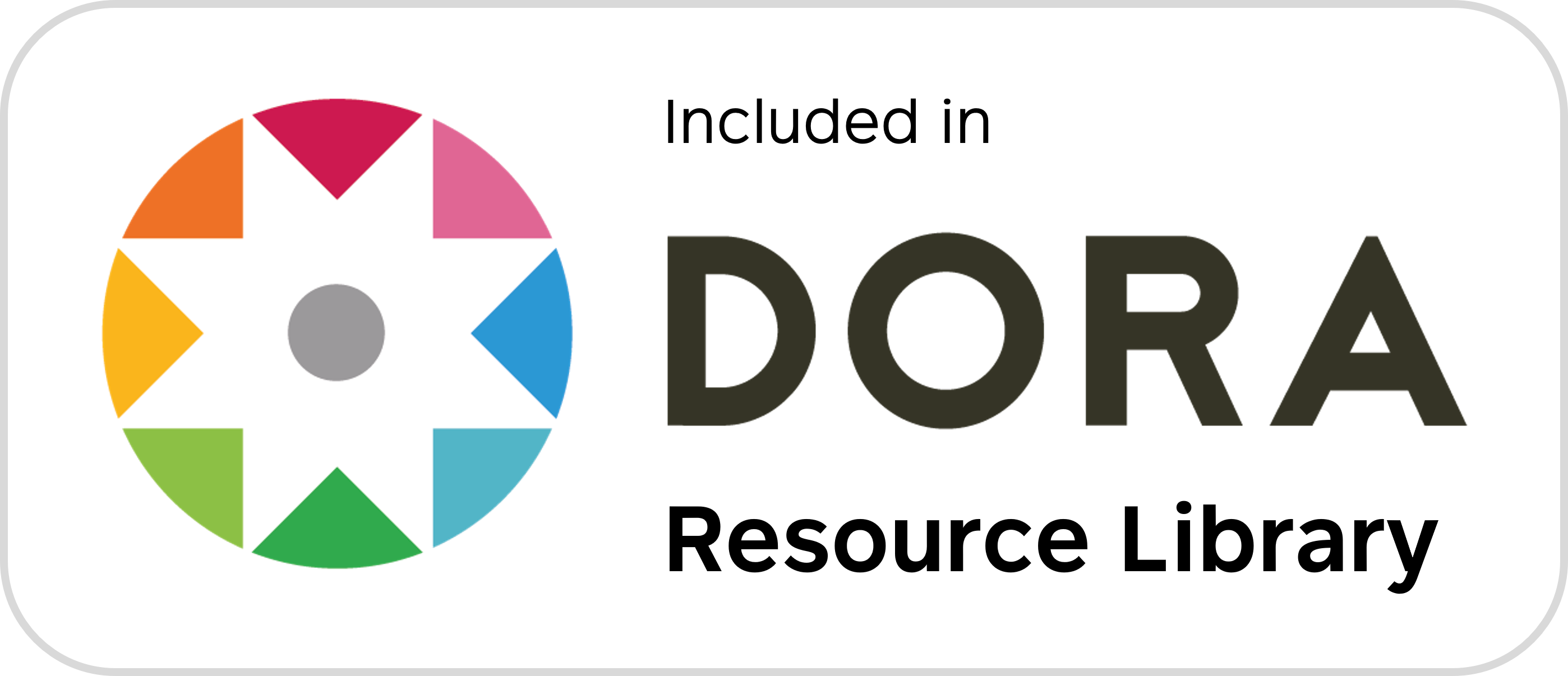Publication Ethics
JEBI Publication Ethical Standards 2024
Journal Economic Business Innovation (JEBI) is a rigorously peer-reviewed academic journal committed to upholding the highest standards of publication ethics. This comprehensive ethical statement outlines the principles and expected conduct for all stakeholders involved in the publication process, including authors, editors-in-chief, editorial board members, peer reviewers, and the publisher (PT. Inovasi Analisis Data - IAD). These guidelines are aligned with the COPE (Committee on Publication Ethics) Best Practice Guidelines for Journal Editors and reflect current international norms in scholarly publishing.
1. Ethical Principles in Publication
The publication of peer-reviewed research in JEBI is foundational for building a trusted, coherent, and respected body of knowledge. Articles accepted and published by JEBI represent not only the intellectual contributions of the authors but also the credibility of their affiliated institutions and the journal itself. All parties involved in the publication must adhere to principles of honesty, transparency, fairness, and respect for intellectual property rights.
2. Responsibilities of the Publisher and Editorial Board
PT. Inovasi Analisis Data and the JEBI Editorial Board uphold stewardship responsibilities at all publication stages. The editorial decisions are independent of commercial interests; advertising, reprints, or sponsorships must not influence the editorial content. The publisher and editorial board commit to fostering open communication and cooperation with other journals and publishers when ethical issues arise.
3. Addressing Research Misconduct and Ensuring Integrity
JEBI is committed to combating research misconduct, including but not limited to fabrication, falsification, plagiarism, duplicate publication, and citation manipulation. The journal holds itself accountable for safeguarding the integrity of the scholarly record and will take necessary actions in case of any breaches.
Upon receipt of allegations or suspicions of misconduct, the Editor and Editorial Board will promptly initiate an objective and confidential investigation following COPE’s recommended protocols. Authors involved will be given opportunities to respond comprehensively. Outcomes may range from correction notices to article retractions or expressions of concern, depending on the severity and validity of the findings.
Institutional investigations are expected to supplement the journal’s actions to ensure thorough and fair resolution. JEBI maintains a zero-tolerance stance toward unethical research and commits to transparency in publishing corrections to uphold public trust.
4. Editorial Independence and Publication Decision
The ultimate decision to accept or reject manuscripts rests solely with the Editor-in-Chief, who bases decisions on the scholarly merit, originality, relevance, and potential impact of the work. Editorial decisions conform to ethical standards and applicable legal considerations, including defamation, copyright infringement, and plagiarism. Editors may seek advice from reviewers and other editors to inform their decisions.
5. Complaints and Appeals Procedures
JEBI provides transparent mechanisms for authors, reviewers, and readers to submit complaints or appeals regarding editorial decisions, review fairness, ethical concerns, or publication processes. Complaints are handled confidentially, objectively, and in a timely manner, in accordance with COPE guidelines. Complaints related to misconduct such as peer-review manipulation or citation abuse are treated with utmost seriousness.
To submit complaints, contact: jebi@analysisdata.co.id.
6. Fairness and Non-Discrimination
All manuscripts will be evaluated solely on intellectual content, without regard to authors’ personal characteristics including race, gender, sexual orientation, religion, ethnicity, nationality, or political beliefs. JEBI promotes diversity, equity, and inclusion within its publication and editorial processes.
7. Confidentiality
All parties involved in the editorial process must treat manuscripts and their contents as confidential. Manuscript information may only be shared with authorized individuals such as assigned reviewers and editorial staff directly involved in the evaluation process.
8. Disclosure of Conflicts of Interest
Editors, reviewers, and authors must disclose any real or potential conflicts of interest that may influence their judgments or interpretations related to the manuscript. Reviewers and editors must refrain from handling manuscripts where conflicts exist. Authors must transparently declare financial support, affiliations, or relationships relevant to the submitted work.
9. Reviewer Responsibilities
- Contribution to Editorial Decisions: Reviewers provide critical, unbiased evaluations that assist editors in decision-making and help authors improve their manuscripts.
- Qualifications: Reviewers must only accept assignments within their expertise and notify editors if unable to provide a timely, thorough review.
- Confidentiality: Reviews must be conducted confidentially; manuscript content must not be shared or used for personal advantage.
- Objectivity: Reviews should focus on the scholarly content without personal bias or ad hominem remarks.
- Identifying Relevant Work: Reviewers should alert editors to any substantial overlap with previously published work or uncited key references.
- Conflict of Interest: Reviewers must disclose any relationships that could bias their review and recuse themselves if necessary.
10. Author’s Duties
- Accurate Reporting: Authors must honestly report research objectives, methods, results, and interpretations with transparency and completeness.
- Data Accessibility and Retention: Authors should provide raw data upon request and retain research data for a reasonable period post-publication to allow reproducibility and verification.
- Originality and Proper Citation: Manuscripts must represent original work. Prior work of others must be appropriately cited. Plagiarism or redundant publication is strictly prohibited.
- Authorship: Authorship credit should be based on significant contributions to study conception, design, execution, or manuscript preparation. All authors must approve the final manuscript and its submission.
- Disclosure of Conflicts: Authors must declare all sources of funding and any potential conflicts affecting the research.
- Correction of Errors: Authors are obligated to promptly notify editors about significant errors or inaccuracies discovered post-publication to arrange for corrections or retractions as necessary.
11. Ethical Supervision of Research
Studies involving human participants, animals, hazardous substances, or sensitive data must comply with applicable ethical regulations and standards. Authors are required to provide evidence of ethical approval from relevant committees or institutional review boards. In cases involving proprietary or confidential data, authors must clarify the extent of data concealment and security measures.
By adhering to these ethical standards, all stakeholders contribute to the trustworthiness, reliability, and advancement of scholarly communication in the Journal Economic Business Innovation (JEBI).























